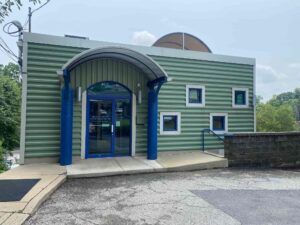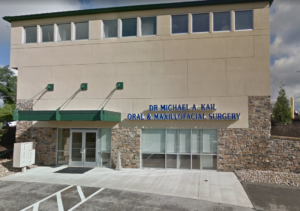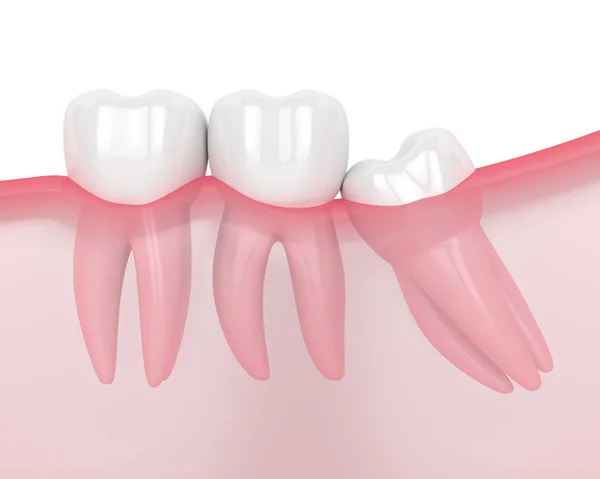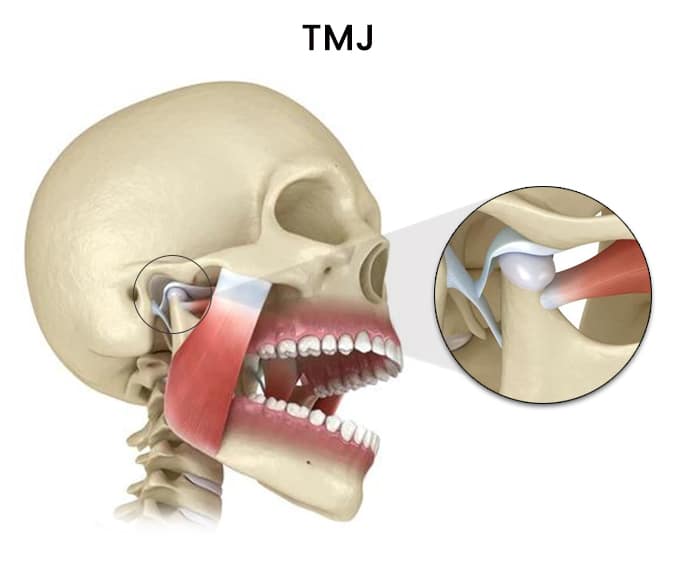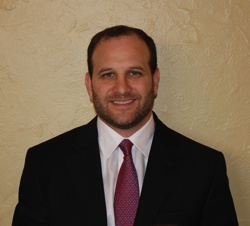Pittsburgh's Premier Oral Surgery Group
Comforting Care, Quality Results
Our Surgical Facilities
Mount Lebanon Surgical Office
Our Mt. Lebanon office is located in the center of Mt. Lebanon on Cochran Road. The office entrance is on the top floor of the shopping plaza with easy wheelchair access on Lansdale Place for pickup and drop-off
Robinson Surgical Office
Our Robinson office is located on Steubenville Pike in the Pike Place shopping center. Enter the plaza and proceed to the far left parking lot. The office entrance is on the ground floor level.
Oral Surgery Procedures
Dental Implants
Dental implants provide a long-term solution for tooth loss. There are many different types of implant restorations to replace anywhere from a single tooth to all of your teeth. Our team will help you determine which option is best for you
Wisdom teeth, often called third molars, are the last set of teeth that come into the mouth and can often cause pain and discomfort if left untreated. Wisdom tooth removal can usually be completed in the office leading to faster recovery and quick resolution of pain.
Wisdom Teeth
Corrective Jaw Surgery
Orthognathic surgery is needed when the top and bottom jaws don’t meet correctly and/or teeth don’t adequately fit within the jaw. Teeth are straightened with orthodontics, and corrective jaw surgery repositions a misaligned jaw. This not only improves facial appearance, but also ensures that teeth meet correctly and function properly and may improve your breathing when you sleep.
 Donna Snyder2023-10-05Caring, compassionate professionals. I had two molars extracted and had absolutely no swelling and very little discomfort after the surgery. Once I am healed, I am going back for two implants. Don't hesitate to go to this office. I recommend them highly!
Donna Snyder2023-10-05Caring, compassionate professionals. I had two molars extracted and had absolutely no swelling and very little discomfort after the surgery. Once I am healed, I am going back for two implants. Don't hesitate to go to this office. I recommend them highly! Charlene Lariosa2022-07-28It’s been a year since Dr. Kail took my wisdom teeth out and I have nothing to complain about. The before and after process went super smooth. The surgery went excellent, and the he prescribed me really great pain killers so I was not in pain after surgery. The price was really great and I would definitely recommend to visit Dr. Kail for wisdom teeth extraction.
Charlene Lariosa2022-07-28It’s been a year since Dr. Kail took my wisdom teeth out and I have nothing to complain about. The before and after process went super smooth. The surgery went excellent, and the he prescribed me really great pain killers so I was not in pain after surgery. The price was really great and I would definitely recommend to visit Dr. Kail for wisdom teeth extraction. Teresa Monier2021-09-12Best oral surgeon in the universe- excellent surgeon and bedside manner is outstanding- excellent and caring staff !!!!
Teresa Monier2021-09-12Best oral surgeon in the universe- excellent surgeon and bedside manner is outstanding- excellent and caring staff !!!! Sam2020-06-15Great place, nice staff! My anxiety was through the roof because of my tooth extraction. He eased my mind about it and it took all of 10 minutes if that. They numbed me, I sat for 10 minutes then he extracted it. In and out. I definitely recommend Dr. Michael Kail!
Sam2020-06-15Great place, nice staff! My anxiety was through the roof because of my tooth extraction. He eased my mind about it and it took all of 10 minutes if that. They numbed me, I sat for 10 minutes then he extracted it. In and out. I definitely recommend Dr. Michael Kail!
Pittsburgh Oral and Maxillofacial Surgeons: Dr. Kail & Moore
How To Prepare For Your Oral Surgery Procedure
Pre-Op Instructions
- You may not have anything to eat for (8) eight hours prior to the appointment. Clear liquids (ginger ale, water) are allowed up to (4) four hours before surgery.
- A responsible adult must accompany the patient to the office, remain in the office during the procedure, and drive the patient home.
- Please wear loose fitting clothing with short sleeves, and low-heeled shoes.
- Contact lenses, jewelry, and dentures must be removed at the time of surgery.
- Do not wear lipstick, excessive makeup, or nail polish on the day of surgery.
- If you have an illness such as a cold, sore throat, stomach or bowel upset, please notify the office.
- If you take routine oral medications, please take them with a small sip of water unless otherwise instructed by your doctor.
Post-Op Instructions
- Bleeding after dental extraction is to be expected and mild oozing may persist up to 48 hours after the procedure. This should not be a concern. To control post-operative bleeding leave gauze in place, applying firm pressure for 45 minutes and replace as needed.
- For the remainder of today, do not rinse, spit, or suck through a straw, smoke, or drink alcoholic beverages. Beginning tomorrow, rinse after meals and before bedtime with the prescription mouth rinse. If you did not receive a prescription rinse salt water can be used as a substitute. Continue to rinse until your post-operative appointment
- Drink plenty of liquids today and eat cool, soft foods. Tomorrow, advance your diet and eat whatever can be tolerated comfortably and continue to drink plenty of fluids. You are able to resume a normal diet when you feel up to it. Some patients are able to get back to regular foods within the first 48 hours after their procedure while others may take up to 10 days before resuming a normal diet.
- Get plenty of rest and limit activity.
Do Oral Surgery Procedures Hurt?
- Discomfort is normal after your procedure and is typically manageable with over the counter pain relievers and prescription pain medication.
- Ibuprofen (Motrin, Advil) is an excellent reliever of dental pain and inflammation.If you are able to take Ibuprofen begin a scheduled regimen of Motrin 600 mg every 6 hours for 5 days. Motrin will help with discomfort and swelling after your surgery.
- If you were given a prescription for a narcotic pain reliever use only as needed. Narcotic pain relievers and ibuprofen my be taken together to help manage moderate to severe pain.
- A prescription narcotic pain medication may be provided as a supplemental analgesic to be taken only as needed. Use these medications with caution as they may cause nausea and drowsiness. It is therefore best to avoid operation of a motor vehicle or hazardous device when taking these medications. Taper use of pain medication as tolerated.
- If instructed, apply ice to face over area, 20 minutes on and 20 minutes off, for at least the first 24 hours following the procedure.


